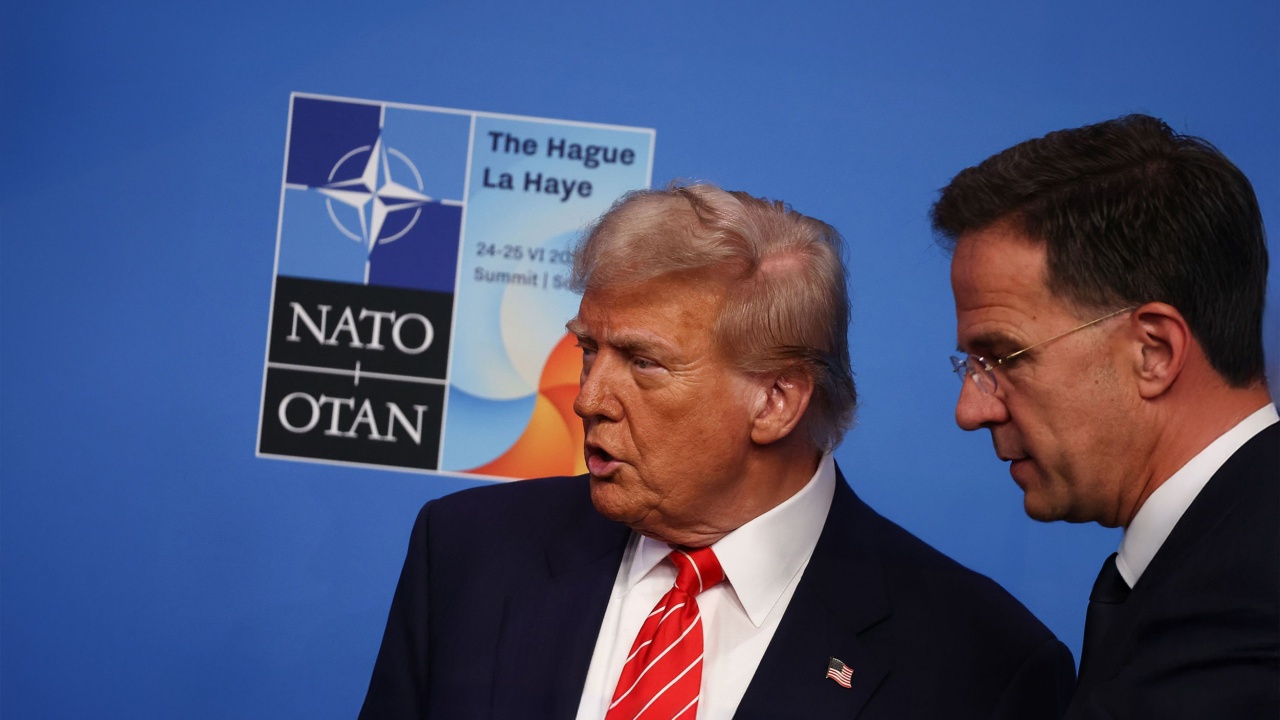Europe stands at a critical juncture, grappling with the complex interplay between bolstering its European defense capabilities and fostering genuine strategic autonomy from the United States. While increased military spending by European nations might seem to align with calls for greater burden-sharing, a deeper examination reveals a nuanced reality where such expenditures risk entrenching transatlantic relations dependence rather than cultivating European self-sufficiency.
Historically, the United States has championed European allies increasing their defense contributions, advocating for a significant portion of their Gross Domestic Product to be allocated to military endeavors. However, this push, while superficially appeasing, often steers European nations towards acquiring American defense systems. This dynamic frequently leads to a greater reliance on external military suppliers, hindering the development of an independent defense industry within Europe.
Concerns have been raised by several European states regarding the rapid escalation of military spending. Many fear that a quick injection of funds primarily benefits non-European defense manufacturers, rather than stimulating domestic innovation and production. This sentiment underscores a desire for investments that genuinely strengthen national security through indigenous capabilities, rather than simply enriching foreign defense industries.
The concept of “burden shifting” suggests a mutually beneficial outcome where Europe becomes more capable of defending itself, thereby freeing the United States to pursue other global geopolitical security priorities. Yet, for this to be truly empowering, European investment and rearmament must align with long-term goals of security, prosperity, and sovereignty. A singular, externally driven approach to military procurement may prove counterproductive to achieving authentic self-reliance for the continent.
Furthermore, the current trajectory of increased militarization raises broader questions about its impact on European societies and economies. Critics argue that a disproportionate focus on military expenditure may not effectively address critical national security threats, such as climate challenges, and could lead to the curtailment of vital social programs. Public opinion surveys indicate that while some Europeans are open to increased defense spending, widespread enthusiasm for significant military budget hikes remains limited.
Despite the prevailing narrative of collective security, a fundamental aspect of transatlantic relations is Europe’s enduring reliance on the United States for military equipment and advanced defense technology. Data reveals a consistent increase in US arms imports to European allies over recent years, solidifying America’s position as the primary supplier. This reliance extends to critical systems, where interoperability with US-supplied technology often necessitates continued procurement from American manufacturers.
Recognizing this challenge, the European Commission has recently introduced a comprehensive plan aimed at fortifying Europe’s defense industry and promoting collective European defense efforts within the continent. This ambitious initiative includes substantial financial allocations for defense investments, with a clear emphasis on ensuring that a significant proportion of defense items are sourced from European companies, signaling a strategic shift towards greater strategic autonomy.
However, this European drive for self-reliance has not been without reservations from American officials, who have cautioned against a reduced reliance on US military equipment, advocating instead for continued co-production and procurement from American firms. This divergence highlights the complex geopolitical security dynamics at play, where the pursuit of European strategic independence intersects with established transatlantic economic and security interests.
Ultimately, while some European nations, particularly those perceiving immediate security imperatives, are keen to boost military spending, a sustainable and politically viable solution must transcend mere financial outlay. True European defense in a shifting global landscape hinges on achieving robust political, strategic, and operational cohesion, alongside a willingness from key allies to accommodate Europe’s journey toward greater defense independence.





Leave a Reply